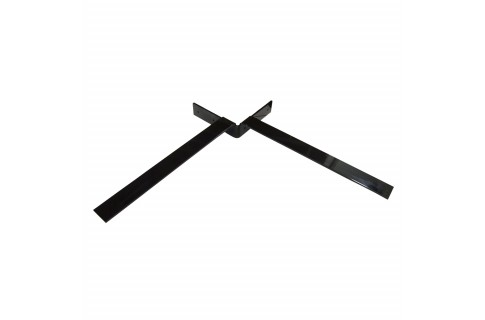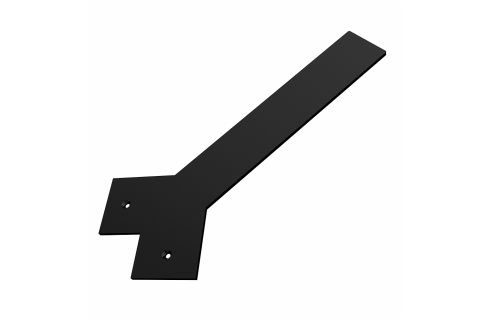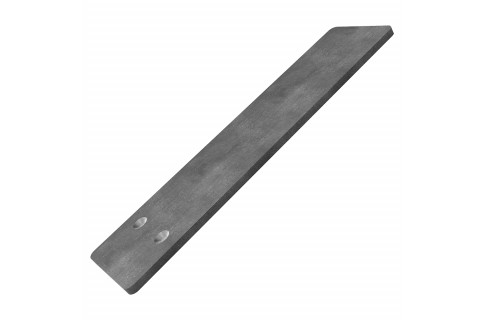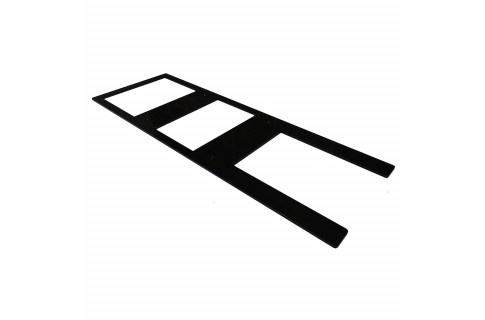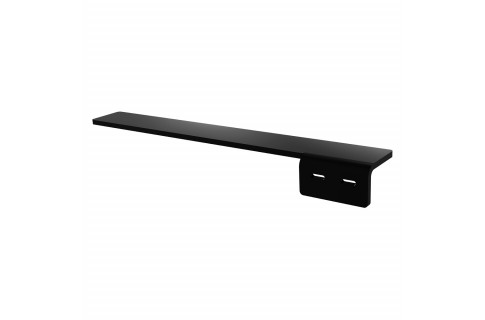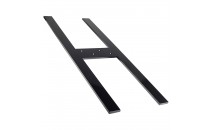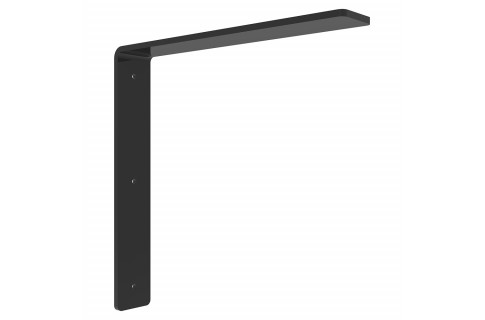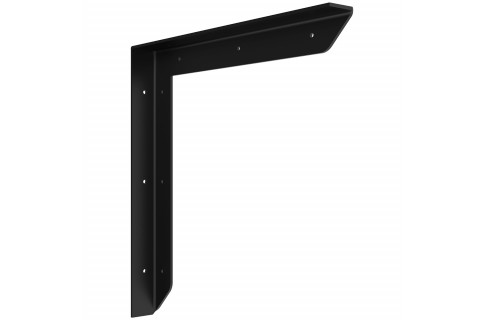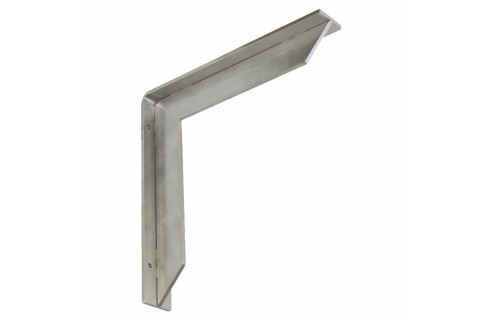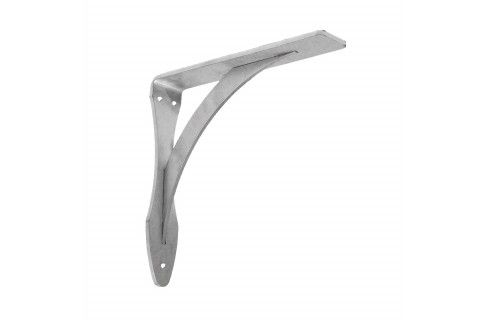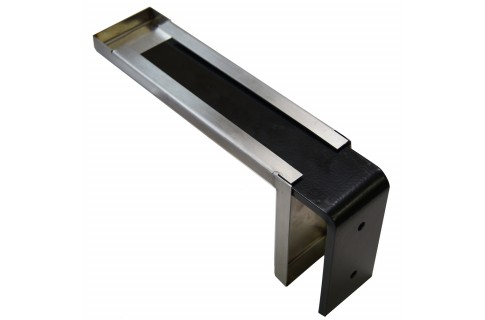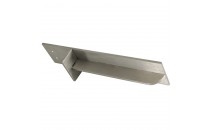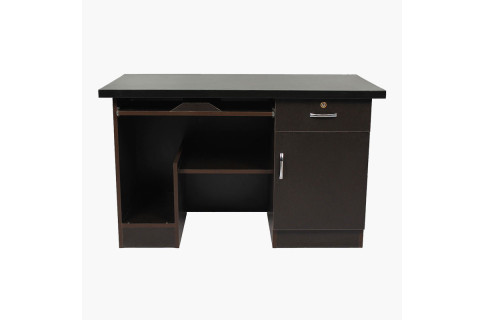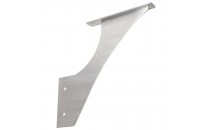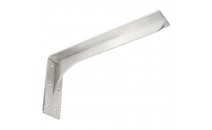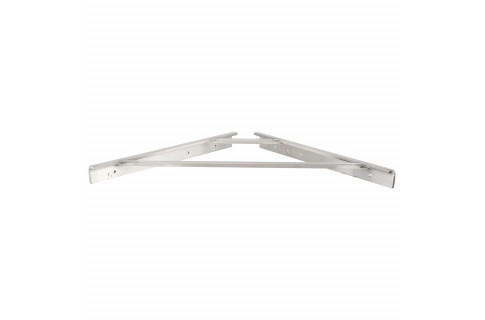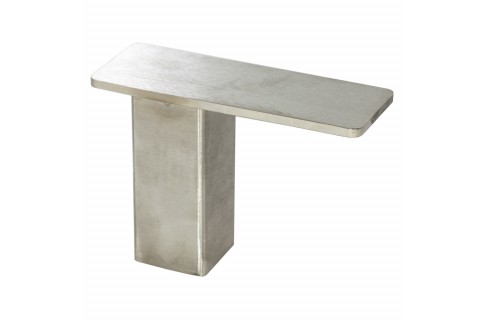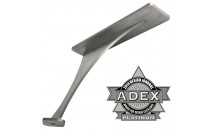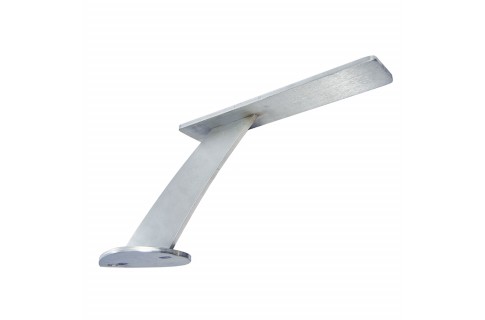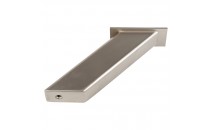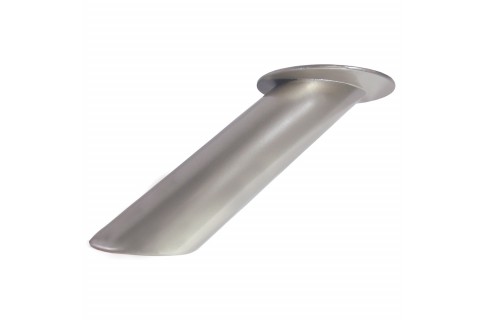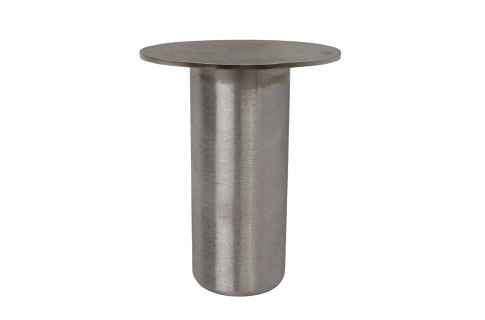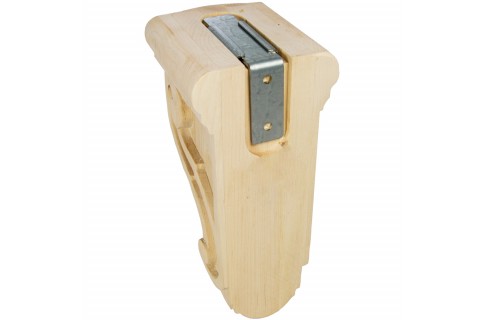Surface in Focus: Copper I
Beyond a shadow of a doubt, the Covid-19 pandemic has changed the way we learn, work, shop, & self-care. These changes are likely just the beginning of a globally conscious transition that will continue to focus on personal health for the long term. As we come to learn more about how best to protect ourselves from current & future pandemics, prospective new technologies & effective ancient materials both deserve consideration.
Let’s start with what we know. Cultures across the world have recognized copper as vital to human health for more than 5,000 years. When influenza, bacteria like E. coli, a superbug like MRSA, or coronaviruses land on most hard surfaces, they can live for up to 17 days. But when these same viruses &/or bacteria land on copper, they begin to die within minutes & are undetectable within hours according to the U.S. National Library of Medicine.
The first recorded use of copper as an infection-killing agent comes from Edwin Smith's Papyrus, the oldest-known medical document in history. The information it contains has been attributed to an Egyptian doctor circa 1700 B.C., but is based on information that dates back as far as 3200 B.C. Egyptians designated the ankh symbol -- representing eternal life -- to denote copper in hieroglyphs.
As far back as 1,600 B.C., the Chinese used copper coins as medication to treat heart & stomach pain as well as bladder diseases. In mid-nineteenth century France, Cholera - a deadly bacterial disease was running rampant through the country, but a small subset of people were spared completely; these people were copper workers & copper smelters. For thousands of years, women in remote villages have known that their children didn't get diarrhea as frequently when they drank from copper vessels, & passed on this knowledge to subsequent generations. How could each of these situations be possible? How exactly does copper work?
Certain heavy metals have been called “antibacterial”, but copper’s specific atomic makeup gives it extra killing power. Copper has a free electron in its outer orbital shell of electrons that easily takes part in oxidation-reduction reactions (which also makes the metal a good conductor). Copper kills in other ways as well -- when a microbe lands on copper, ions blast the pathogen like an onslaught of missiles, preventing cell respiration & punching holes in the cell membrane or viral coating & creating free radicals that accelerate the kill -- especially on dry surfaces. Most importantly, the ions seek & destroy the DNA & RNA inside a bacteria or virus, preventing the mutations that create drug-resistant superbugs.
In more modern times the advent of antibiotics & hand and surface sanitizers has caused the popularity of copper as a disinfectant to decline. The high cost and maintenance requirements of copper material has contributed to its limited use in manufacturing working surfaces, but copper is now making a resurgence as a highly regarded, extremely effective killer of bacteria & viruses. Copper can save lives & give hope against current & future pandemics. Substituting virus/bacteria killing copper surfaces in kitchens & bathrooms, hospitals, workplaces, schools, & places of public transit will produce obvious improvements in personal & public health.
Federal Brace is extremely pleased to share that we have added copper counters & copper floating shelves to our exclusively Made in the USA product line. Supporting our customers has always been & continues to remain our primary focus. We are honored to now provide products in copper materials that provide the health benefits common in the material. Check out FederalBrace.com or call toll-free (877) 353-8899, 8:30AM - 5 PM EST for additional ideas & design assistance.

